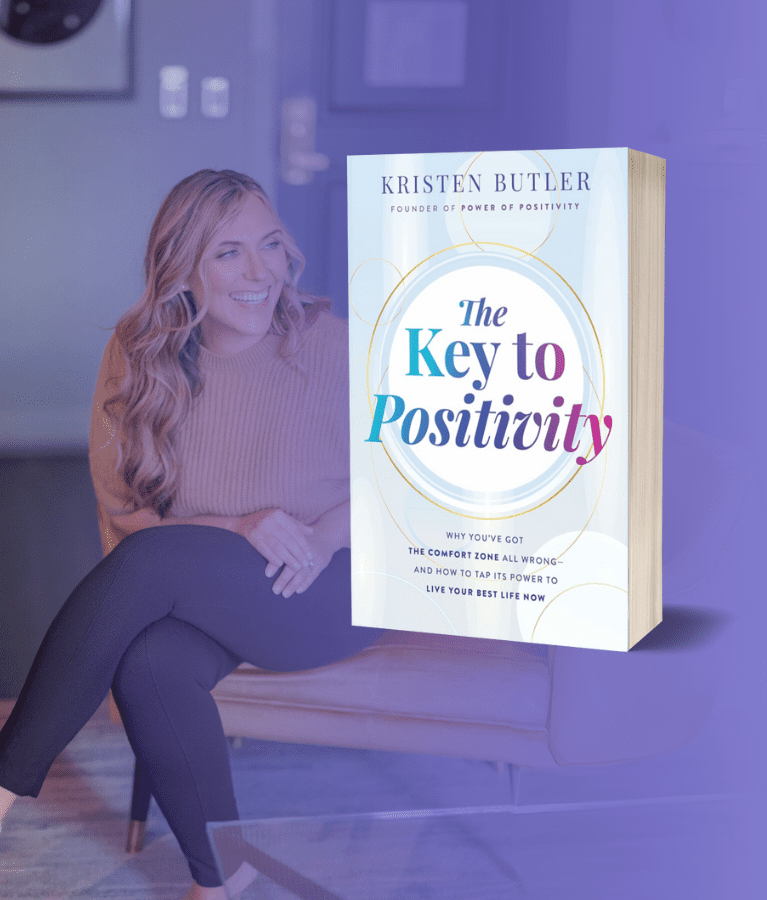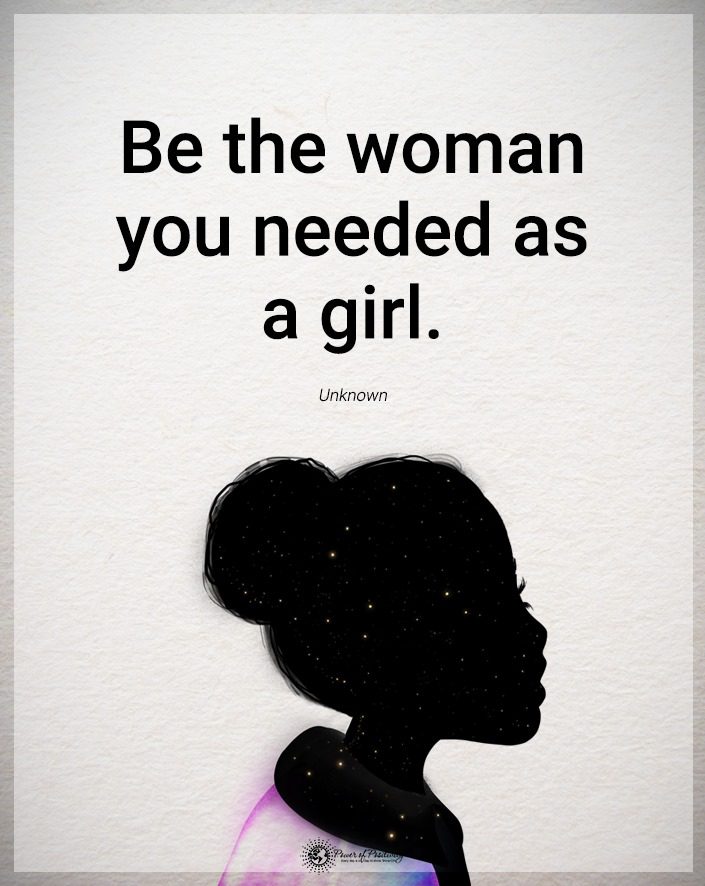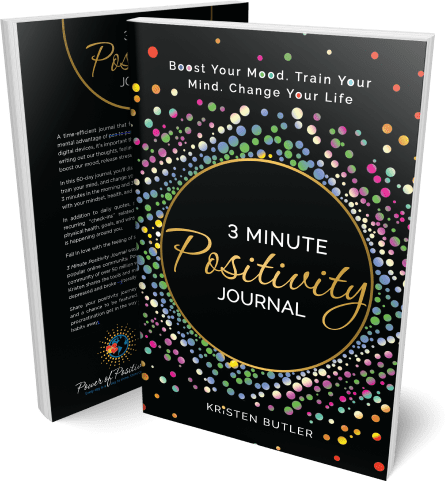What are the signs of a boyfriend who wants to break up?
Have you ever found yourself questioning the depth of your boyfriend’s affection? An unloving boyfriend isn’t always about grand gestures or dramatic declarations. Sometimes, you need the subtle, everyday behaviors that tell the real story of how much your partner truly cares. Understanding these nuances is vital for your happiness and the overall health of your relationship.
This article looks at some less obvious yet profoundly telling behaviors of an unloving boyfriend. Our goal isn’t to point fingers but to foster self-awareness and support the nurturing of healthy, loving relationships. So, let’s unpack these behaviors, remembering that awareness is the first step toward positive change.
NOTE: This article addresses the behaviors that typically show an unloving boyfriend; check out our companion article to learn about the signs of an unloving girlfriend.
1 – An Unloving Boyfriend Has Selective Memory on Important Dates
Remember the disappointment when he forgot your anniversary but could recall every player’s stats from his favorite sports team? This selective memory, especially regarding significant dates, can be a subtle yet clear sign of neglect. When a boyfriend consistently forgets important dates like anniversaries, birthdays, or even milestones in your relationship but shows an uncanny ability to remember details that matter to him, it sends a message. This message, often unintended, is that his interests precede shared moments special to you both.
The emotional impact of this behavior can be far-reaching. It might leave you feeling undervalued and questioning your importance in his life. Each forgotten date can feel like a missed opportunity for him to show that he cares and cherishes the relationship as much as you do. It’s not about the grandeur of celebration but the recognition and acknowledgment of shared joy and love. The absence of this recognition can erode the foundations of affection and connection in your relationship.

2 – He Engages in Unilateral Decision-Making
Imagine planning a vacation you never discussed or finding out about a significant purchase only after it’s made. These are classic examples of unilateral decision-making, a behavior that can significantly strain a relationship. When your boyfriend makes major decisions alone, especially those affecting both of you, it undermines the essence of partnership. Relationships thrive on mutual respect, understanding, and, most importantly, shared decision-making.
Making decisions together is not just about the outcome but the process. It involves communication, negotiation, and sometimes compromise. It’s an opportunity to understand each other’s perspectives and preferences and to build something that reflects both of you. When one partner takes this away, it doesn’t just lead to potentially unfavorable outcomes; it robs the relationship of mutual respect and collaboration.
The importance of partnership in decision-making cannot be overstated. The fabric binds two people together, allowing them to navigate the complexities of life as a unit. Without it, one partner may feel marginalized or powerless, leading to resentment and disconnect. A healthy relationship involves two voices, equally heard and considered, forging a path forward together.
3 – An Unloving Boyfriend Has Public Disregard for You
There’s a subtle dance in how couples interact in public. It’s in the shared glances, the occasional touch, and the inclusive conversations. But what happens when your boyfriend consistently overlooks you in social settings, prioritizing others over you? This public disregard can quietly chip away at the core of your relationship. It might manifest as him walking ahead of you, engaging in conversations without involving you, or even neglecting to introduce you to acquaintances. It may seem inconsequential. However, this behavior can leave you feeling invisible and undervalued in your relationship.
The need for balance and mutual respect in public interactions is paramount. It’s not about grandiose displays of affection but acknowledgment and made to feel welcome. A basic relationship must feel acknowledged; you want to feel included in your partner’s social world. It’s about knowing that even in a room full of people, your presence and your role in his life are recognized and valued. A relationship thrives when both partners feel seen and appreciated, not just in private but also in the presence of others.
4- He Has Total Disinterest in Your World
Imagine sharing exciting news or discussing your day, only to be met with apathetic nods or disinterested responses. When your boyfriend shows a lack of curiosity about your life – your job, your passions, your worries – it can be deeply hurtful. This disinterest in your world conveys that your experiences and feelings are unimportant. In a healthy relationship, partners actively take an interest in each other’s lives, not out of obligation but out of genuine care and love.
The value of mutual interest and support in a relationship cannot be overstated. The questions he asks you, his eagerness to learn about your hobbies, and his presence in your moments of need build a strong, emotional connection. When both partners are invested in each other’s worlds, it creates a deep, enduring bond, reinforcing the sense that you’re on this journey together. This mutual interest lays the foundation for empathy, support, and, ultimately, a more fulfilling relationship.
5 – He Neglects Small Acts of Kindness or Courtesies
The power of small acts of kindness in a relationship is immense. These are the morning coffees made without being asked, the encouraging messages before a big meeting, or the warm hug after a tough day. These acts are quiet but potent expressions of love and care. So, what does it signify when these small acts of kindness are absent in your relationship? When your boyfriend consistently overlooks these little gestures, it can make you feel taken for granted. The absence of these thoughtful actions can lead to emotional neglect, a sense that your happiness and comfort are not his priority.
The impact of neglecting these small acts of kindness is profound. They are the everyday expressions of affection, the gentle reminders that you are loved and cherished. Their absence can create an emotional distance, a subtle disconnect that might widen over time. Remember, a loving relationship is built on the accumulation of these small, everyday gestures. They are the threads that weave a tapestry of care and affection, holding the relationship together in its most ordinary yet most precious moments.
6 – He Uses Derogatory Nicknames or Humor
Humor and playful teasing are often the spices of a relationship, adding laughter and lightness. However, there’s a fine line between affectionate teasing and derogatory nicknames or comments that can wound. When your boyfriend uses “humor” that feels demeaning or embarrassing, especially in the presence of others, it shifts from being playful to hurtful. It’s crucial to differentiate between the two. Playful teasing is mutual and light-hearted and leaves both partners feeling happier. Derogatory humor, on the other hand, can make you feel belittled, embarrassed, or uncomfortable.
Respect and kindness in communication are the bedrock of a healthy relationship. When communication shifts from uplifting to degrading, even under the guise of humor, it erodes respect and affection. The impact of such communication isn’t just about how it makes you feel in the moment; it’s about the long-term implications it has on your self-esteem and the health of your relationship. A relationship should be a safe space where both partners feel valued and respected, not a platform for one to undermine the other.
7 – An Unloving Boyfriend in Absent in Times of Need
One of the most telling signs of a partner’s commitment and affection is their presence during challenging times. Being present and supportive when dealing with hardships, illness, stress, or personal loss is fundamental. When a boyfriend is conspicuously absent during these times, making excuses not to be there or showing annoyance at your requests for help significantly undermines the trust and closeness in the relationship.
Neglect in these moments of need can leave you feeling isolated and unsupported. A partner’s absence when you’re vulnerable can be more telling than their presence during the good times. In the tough times, we seek solace and strength in our partners. When this support is absent, it can cause a rift in the relationship, raising questions about the depth of your partner’s commitment and empathy. A loving relationship should be a source of strength and support, where both partners know they can rely on each other, no matter what challenges life throws their way.
8 – He Dismisses Your Emotions
Dismissing your emotions, whether belittling or labeling them as an overreaction, is harmful in any relationship. When your boyfriend invalidates your emotions, it can feel like your feelings are unworthy of being heard and acknowledged. This dismissal hurts and can have long-term effects on your emotional well-being and relationship.
Empathy and validation in a loving relationship cannot be emphasized enough. When your partner listens, acknowledges, and validates your feelings, it fosters trust and emotional intimacy. It sends a message that your emotions are valid, that what you feel matters, and that you are understood and cared for. A relationship thrives when both partners feel emotionally safe and supported. Empathy and validation are about agreeing with each other’s feelings and acknowledging and respecting them. In a loving relationship, both partners feel heard, valued, and understood, even when disagreements arise.
9 – An Unloving Boyfriend Has Indifference to Your Comfort
In a relationship, shared spaces are physical locales and symbols of mutual respect and understanding. When your boyfriend shows indifference to your comfort in these shared spaces, be it by disregarding your preferences in home décor or monopolizing the TV remote, it can feel like your needs and desires are being overlooked. Such indifference, especially in the spaces where you seek comfort and safety, can be disheartening.
Finding a balance that respects both partners’ preferences is essential to fostering a harmonious living situation. It’s about negotiation, compromise, and creating a shared space that reflects both of you. This might mean alternating choices in music or finding a middle ground in temperature settings. These small accommodations demonstrate care and respect for each other’s comfort and well-being, strengthening your bond.
10 – His Focus Is on Competitiveness Over Cooperation
While healthy competition can be invigorating, constant competitiveness within a relationship can lead to unnecessary strain. Suppose your boyfriend turns every activity, from board games to fitness challenges, into a competition where winning takes precedence over enjoying the time together. In that case, it can sap the joy out of these shared experiences. Relationships are about partnership, not rivalry.
The value of teamwork and enjoying activities together cannot be understated. Collaborative activities, which focus on teamwork and mutual enjoyment, can greatly enhance your bond. They create opportunities to work together, support each other, and celebrate shared achievements. In these moments, the strength of your relationship is reinforced, reminding you that you’re in this together.
11 – An Unloving Boyfriend Displays Reluctance to Share Responsibilities
Sharing chores and responsibilities is a practical aspect of any partnership, but its significance goes far beyond the mere division of labor. When your boyfriend shows reluctance to share these responsibilities, leaving the bulk of the household chores or errands to you, it can lead to feelings of unfairness and resentment. A balanced distribution of responsibilities is key to preventing dissatisfaction and maintaining a healthy dynamic in the relationship.
Discussing expectations and finding a fair division of chores that works for both of you can help prevent these feelings of imbalance. It’s not just about helping each other out; it’s about showing respect and appreciation for each other’s time and efforts. When both partners contribute equally, it fosters a sense of teamwork and mutual support, which is essential for a harmonious and loving relationship.
12 – He Is Distracted During Private Moments
Intimacy is built on moments of connection where both partners are fully present and engaged. When your boyfriend is distracted during these moments, constantly checking his phone or seeming mentally elsewhere, it can create a barrier to this connection. Attentiveness is key to growing closer; it’s about being wholly present, listening, and engaging with each other.
The effects of distraction in private moments can be deeply felt. They can make you feel undervalued and ignored, causing you to question the depth of your connection. It’s important to set aside distractions and focus on each other, whether during a conversation over dinner or a quiet evening together. These undistracted moments allow for deeper emotional connection and reaffirm the importance of your relationship.

Final Thoughts on the Behaviors of an Unloving Boyfriend
Understanding and identifying these behaviors in a relationship is crucial for your emotional well-being and a healthy relationship. Whether addressing indifference to your comfort, balancing competitiveness with cooperation, sharing responsibilities, or minimizing distractions during intimate moments, each aspect plays a significant role in nurturing a respectful and loving relationship.
Reflecting on these behaviors is not about assigning blame but about fostering self-awareness and growth, individually and as a couple. It’s about striving for a relationship where both partners feel valued, respected, and loved. Recognizing these key signs is the first step toward making positive changes. With understanding and effort, you can steer your relationship toward a more balanced, fulfilling, and loving direction. Let this knowledge empower you to make healthier relationship choices, fostering a bond that is not only strong but also nurturing and respectful.



















